Ørsted gives Andel EUR 1.34bn in profit
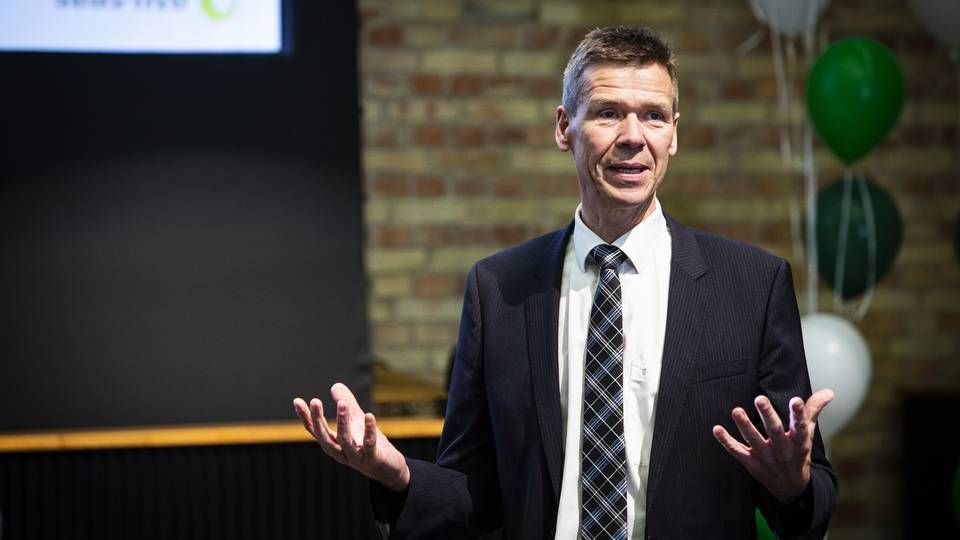
For Danish power company Andel, once in a lifetime has become the new normal.
When Chief Executive Jesper Hjulmand of the formerly named Seas-NVE presented the annual report in 2017 for fiscal 2016, when the power company turned a profit markedly larger than revenue, the CEO described the statement as something "normally only experienced once in a lifetime". Even so, it seems such performance has turned into the new normal.
Thus, the bottom line in 2020 exceeded the top line – just like in 2019, when Seas-NVE rebranded to Andel. At the time, Hjulmand presented DKK 10.8bn (EUR 1.45bn) in profit and revenue of DKK 7.75bn.
"Normally, operating a company entails there being revenue, some expenses, and then the result ends up lower than the top line," the CEO says and acknowledges that he probably would have used different language back in 2017 if he were holding a crystal ball in his hand.
"But we've had some spectacular gains made from Ørsted equity, and so we land for the third consecutive time with a result such as this. Although we wouldn't have guess it back then."
Rather than making this killing off its own sweat, Eastern Denmark's other big power utility was behind these peculiar results. Or perhaps more accurately, Ørsted's stock has been skyrocketing, resulting in Andel's 5.01-percent interest in the global offshore wind leader generating DKK 11bn in capital gains.
According to Hjulmand, the gains made off Ørsted stock are not the most important factor.
"Our equity interest in Ørsted has given us the possibility of developing our own business. We've consistently thought that would use the stock as a strategic playing card, and that's exactly what we did last year when we purchased [Danish DSO, -ed.] Radius and Ørsted's private customer operation," he says.
It was a dream that started in 2008, but it was made possible by the gains," Hjulmand says about the purchase worth DKK 21.3bn that made Andel Denmark's largest electricity supplier by a wide margin.
Andel financed the acquisition by handing over 2.26 percent interest in Ørsted back in January of 2020 and a further 2.27 percent in November of 2019, leaving the stake at its current percentage of 5.01.
However, integrating Radius and the private customer business are also the issues weighing down Andel's annual financials, which without the capital gains ends up being DKK -672m.
Transformation year
Hjulmand takes special note of the header, Transformation Year, on the 2020 accounts, when integrating Radius was the largest single task.
It's also been a costly affair to absorb the 750 new personnel and one million new network customers into the business. DKK 666m in total, which is more or less in line with the deficit before financial posts.
"Fibia and Clever boost operating earnings, and we have taken in more customers, but we've also had large integration expenses. It costs money: of course it does," the CEO says.
He underscores, though, that the DKK 666m both cover financing costs, impairments on goodwill, standard integration as well as the value depreciation of a single IT system used both by Radius and the former Seas-NVE.
"We're running both IT systems right now, but we will not be doing so in the longer term. So we used the option to impair," the CEO says and underlines that the expenses of merging the businesses will continue in the coming years:
"We didn’t get the keys until September 1, so there is no doubt that integration costs will be higher in 2021 and 2022. We expect results in the hundreds of millions next year and over the next two years – but then synergies come, and they will be long lasting."
The costs of the merger are bearing fruit at Andel, which alongside Radius and Cerius provides electricity for 40 percent of Danes and essentially the whole of Zealand. The extended monopoly within the sector is already paying off.
In operating earnings, Radius has already added well the company coffers with a profit of DKK 129m, while Seas-NVE's original network company, Cerius, beats the new arrival with a top-line post of DKK 254m.
Power collapse
The positive results of the monopoly business was partly counterbalanced by the weight of trading firm Seas-NVE Strømmen in 2020, which had to close the year with a deficit of DKK 280m due to the weather.
The cause was the mild and wet winter of 2019, which filled Norwegian water reservoirs to their very limit. Combined with frequent breakdowns on Danish-Norwegian interconnector Skagerrak, this prompted a collapse in power prices beyond Western Denmark. A drop impacting several Nordic utilities.
"All power trading companies were affected by unrest on the market in 2020. So were we, and we're a big company, making our loss a big one as well. There are nuances, of course, as some of the deficit is unrealized and some is realized. In terms of the unrealized part, many positions have turned around at the start of 2021," Hjulmand says.
The unrealized and realized losses are split roughly fifty-fifty, says the CEO. A realized loss of around DKK 140m on electricity trading must now, however, become the new norm. That's why Andel has "taken a range of measures to increase the robustness of trading activity in a similar future situation," reads the annual report.
According to the CEO, these initiatives cover Andel's majority ownership of Energi Danmark, which was announced earlier this spring.
"We see an opportunity there to combine our power sales and trading activities. It's a concrete initiative. Moreover, we're also looking into some risk management things," Hjulmand says, once again emphasizing that the unrealized positions have turned around.
"It's just like with equities: Come New Year's Eve, it shuts down and takes stock. The end. But we can be pleased that things have turned around at the start of the new year."
However, it's not only in the short term that the power price has hurt Andel. In the longer term, the company has faced the consequence of lower price forecasts and impaired the value of Rødsand 2 by DKK 250m.
The former Seas-NVE in 2013 acquired 80 percent of the 215-MW offshore wind farm from Eon, which still owns the remaining 20 percent. The farm yielded a profit of DKK 143m in 2020, which means, with the impairment, that it has a negative effect of DKK 107m on the bottom line.
The new Andel
Hjulmand's description of 2020 as a transformation year not only applies to the integration of Radius and Ørsted's private customer business. Fiber network company Fibia and, not least, charging station operator Clever, which recently presented an operating profit, are focal points for the CEO of the rapidly growing utility.
The companies' effect on the bottom line are still limited, though, due to the major investments made these past years, says the CEO.
"We've been investing like crazy in fiber and in Clever, and those investments prompt depreciations. But operating earnings and customer volume are increasing for both companies. That came after we made the investments, and things are moving incredibly fast," Hjulmand says, highlighting the integration of Radius and the residential customer business.
"In our normal business, we've strengthened ourselves by acquiring a million more customers. And in only the four months since that acquisition, our revenue is impacted by a billion kroner, DKK 400m in operations and DKK 150m on the bottom line. So we've been strengthened in the residential business for energy, which gives us results."
Today, Andel is the largest energy group in Denmark with 2.8 million customer relations, and with equity returns of DKK 11bn in 2020.
These returns have paved the way for Andel to grow to its current size, and they are fully in line with the company's past, present and future, Hjulmand says.
"We want to be present in the entire value chain from production to end-user, and we've seen everything as an industrial investment, and not just a financial one. Ørsted has developed into a world leader with solid financial gains, but we have invested in it as industrial production. Now, we're looking at Vindø and offshore wind, but that is also as production. That's our DNA," Hjulmand says.
English Edit: Daniel Frank Christensen & Jonas Sahl Jørgensen
Danish Energy Agency initiates talks on North Sea energy hub
Ørsted beats recent announcement by margin
Andel, IBM enter partnership targeting large energy consumers
Related articles
Danish Energy Agency initiates talks on North Sea energy hub
For subscribers
Ørsted beats recent announcement by margin
For subscribers

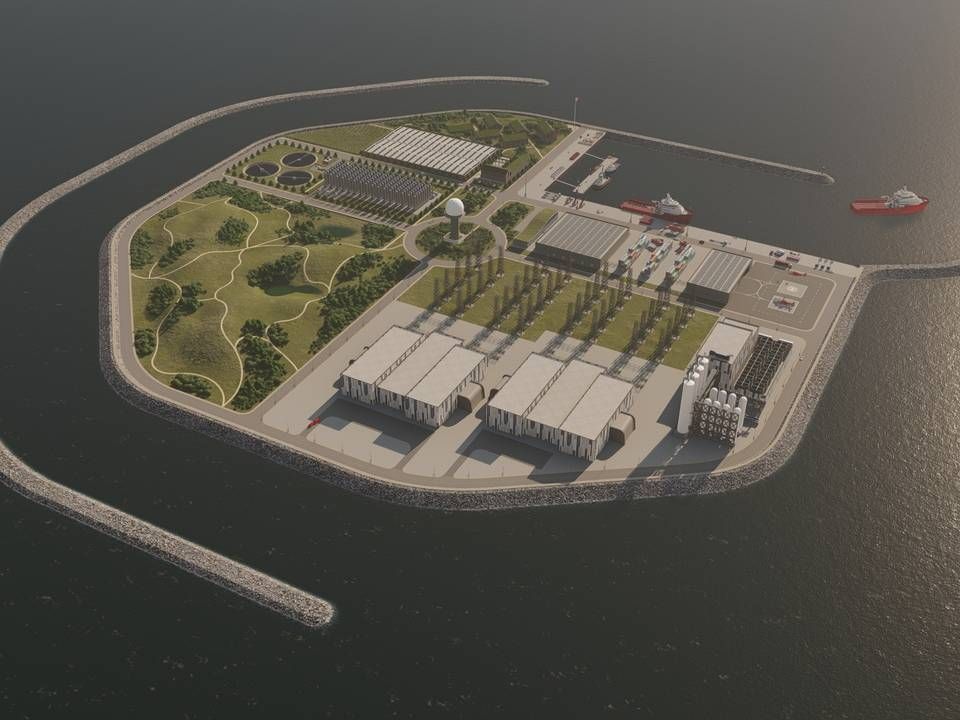
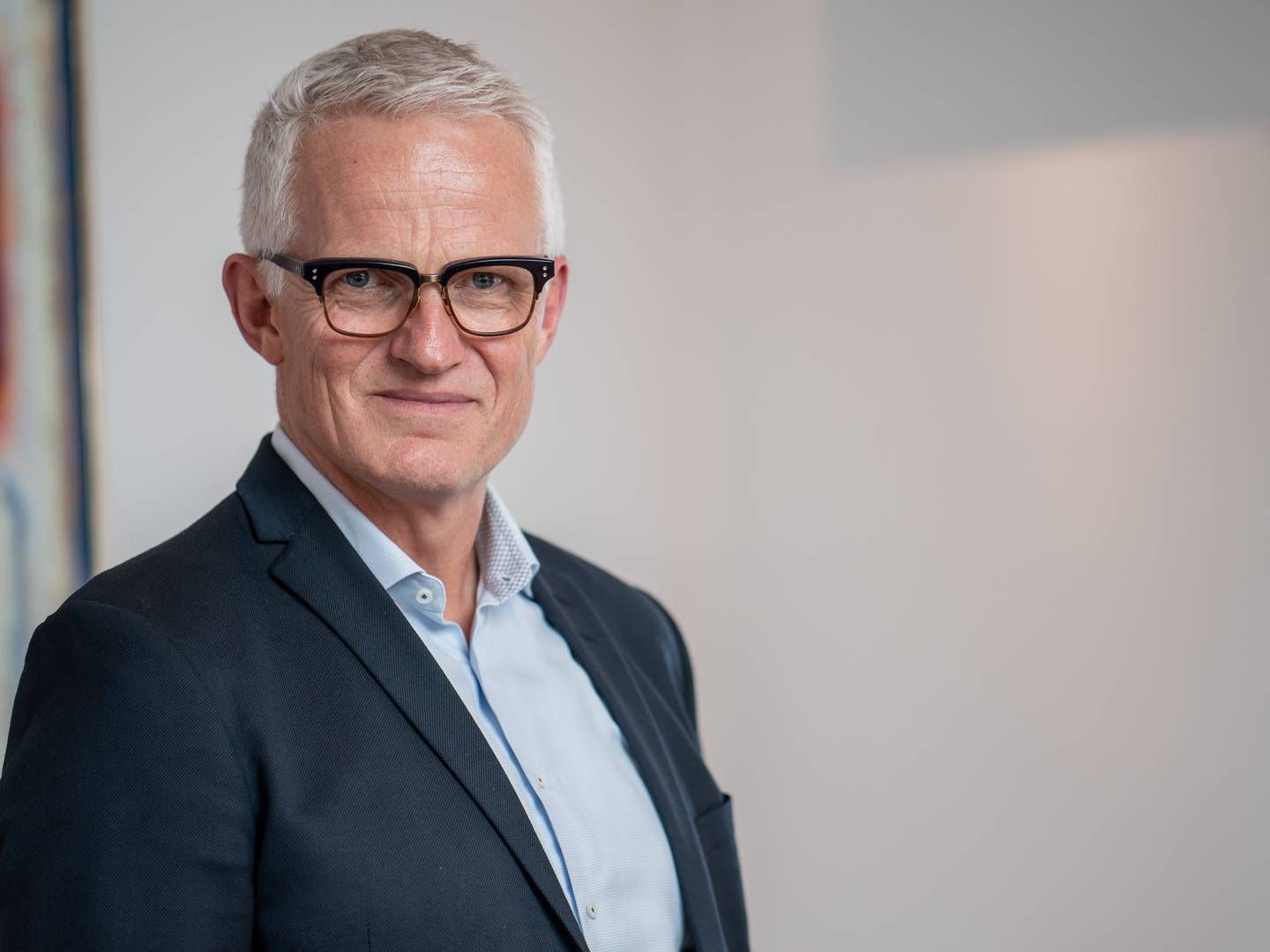
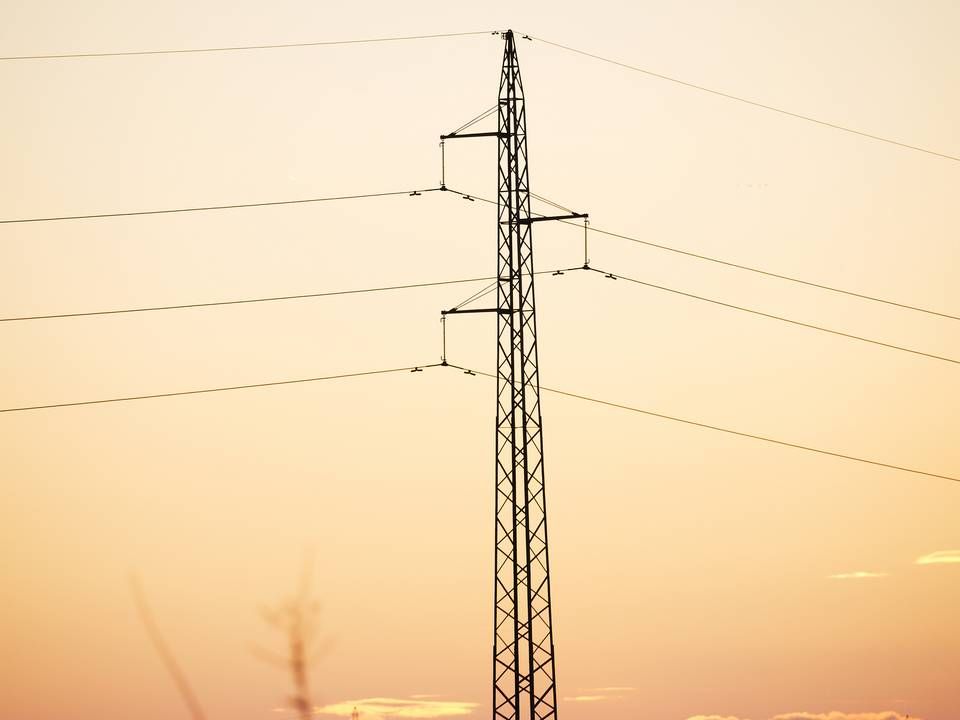

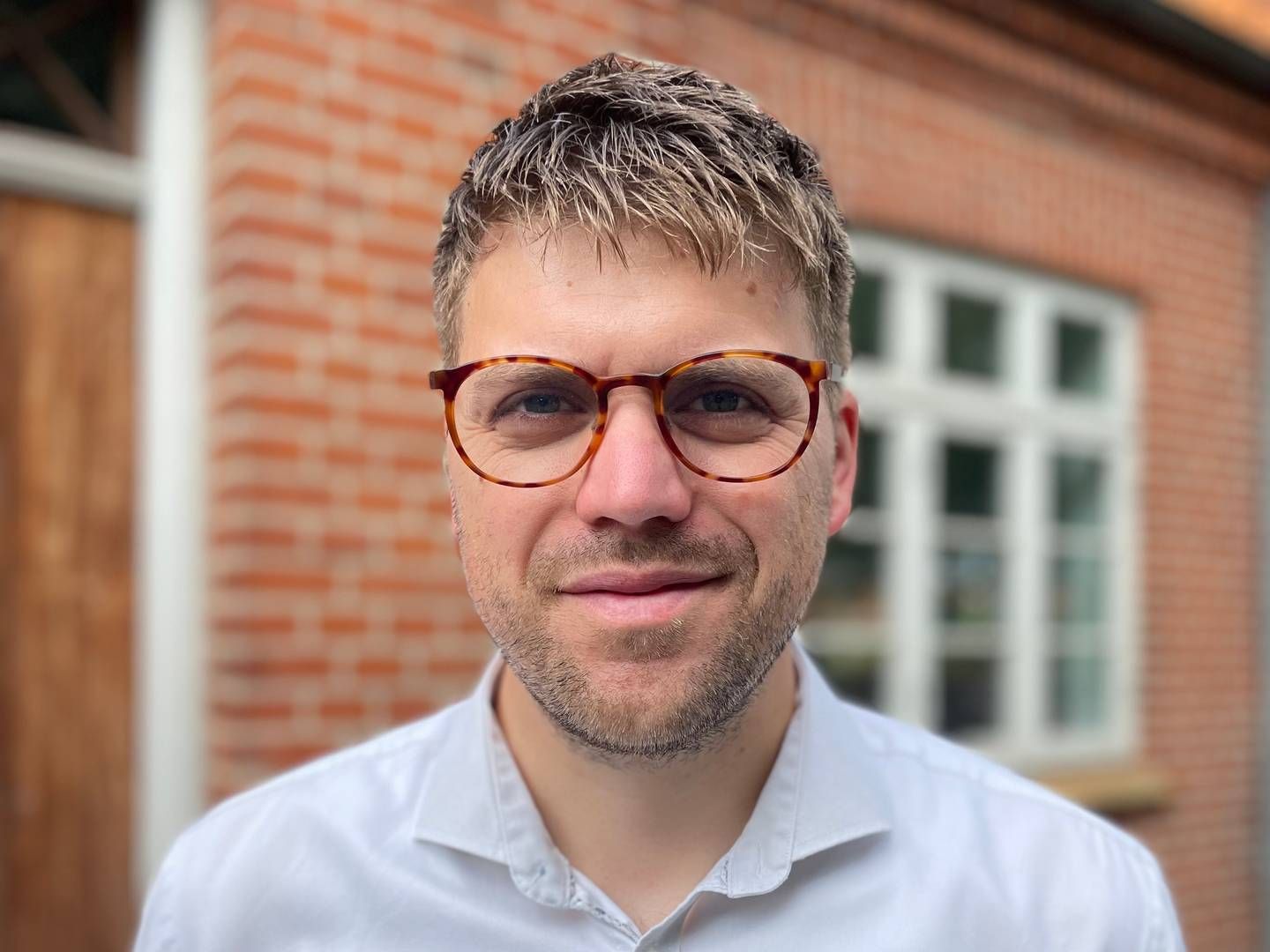
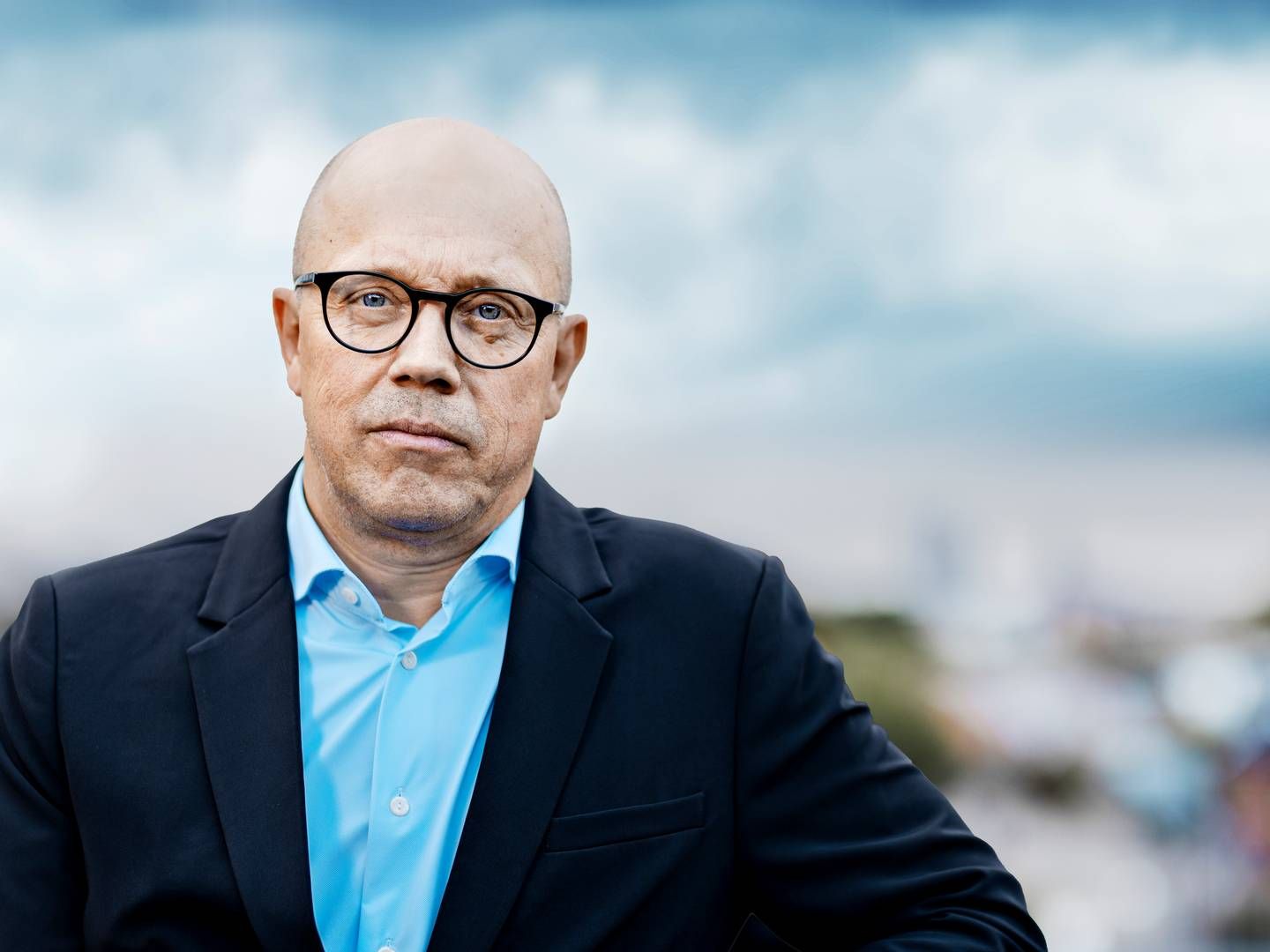



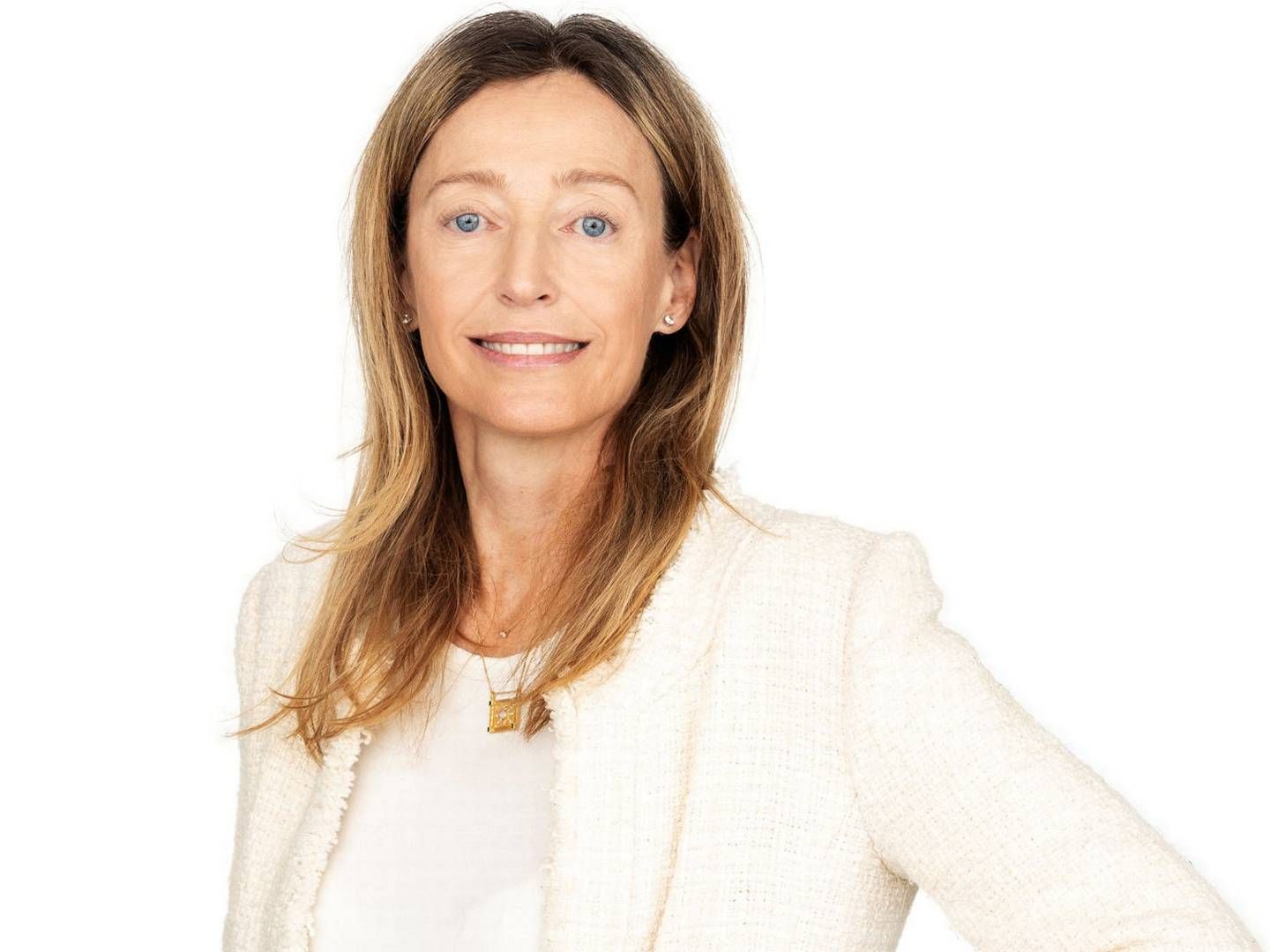

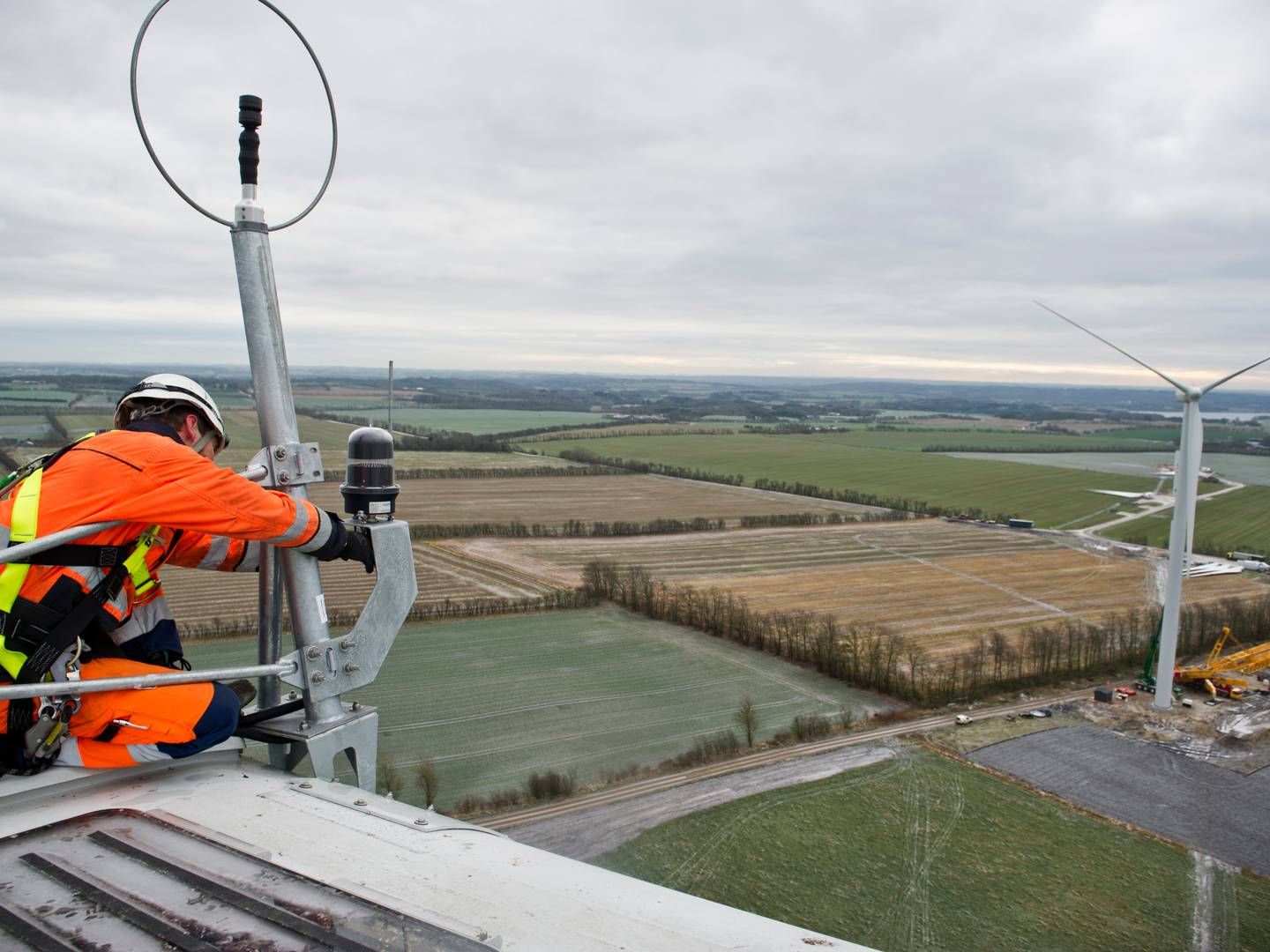
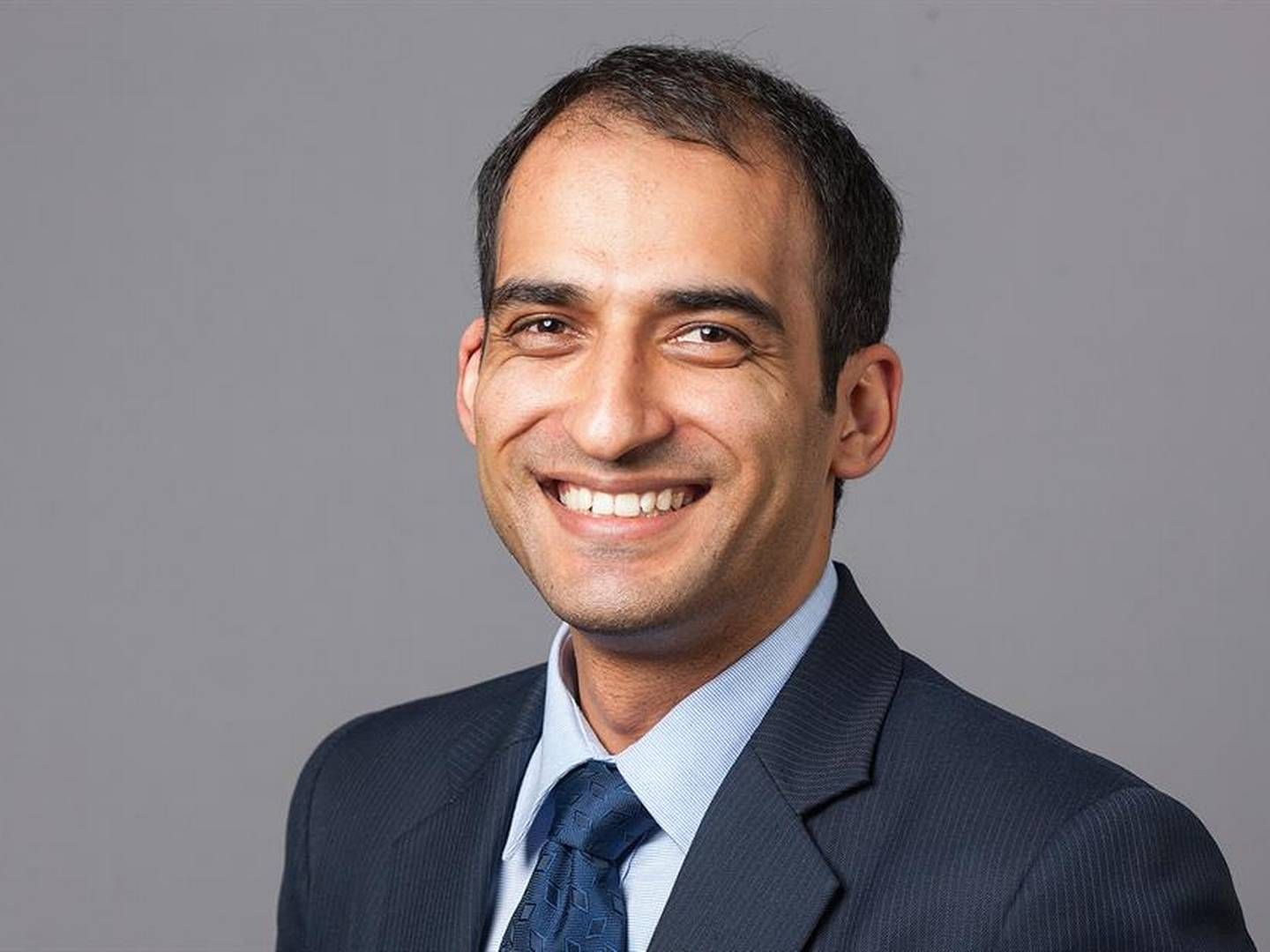


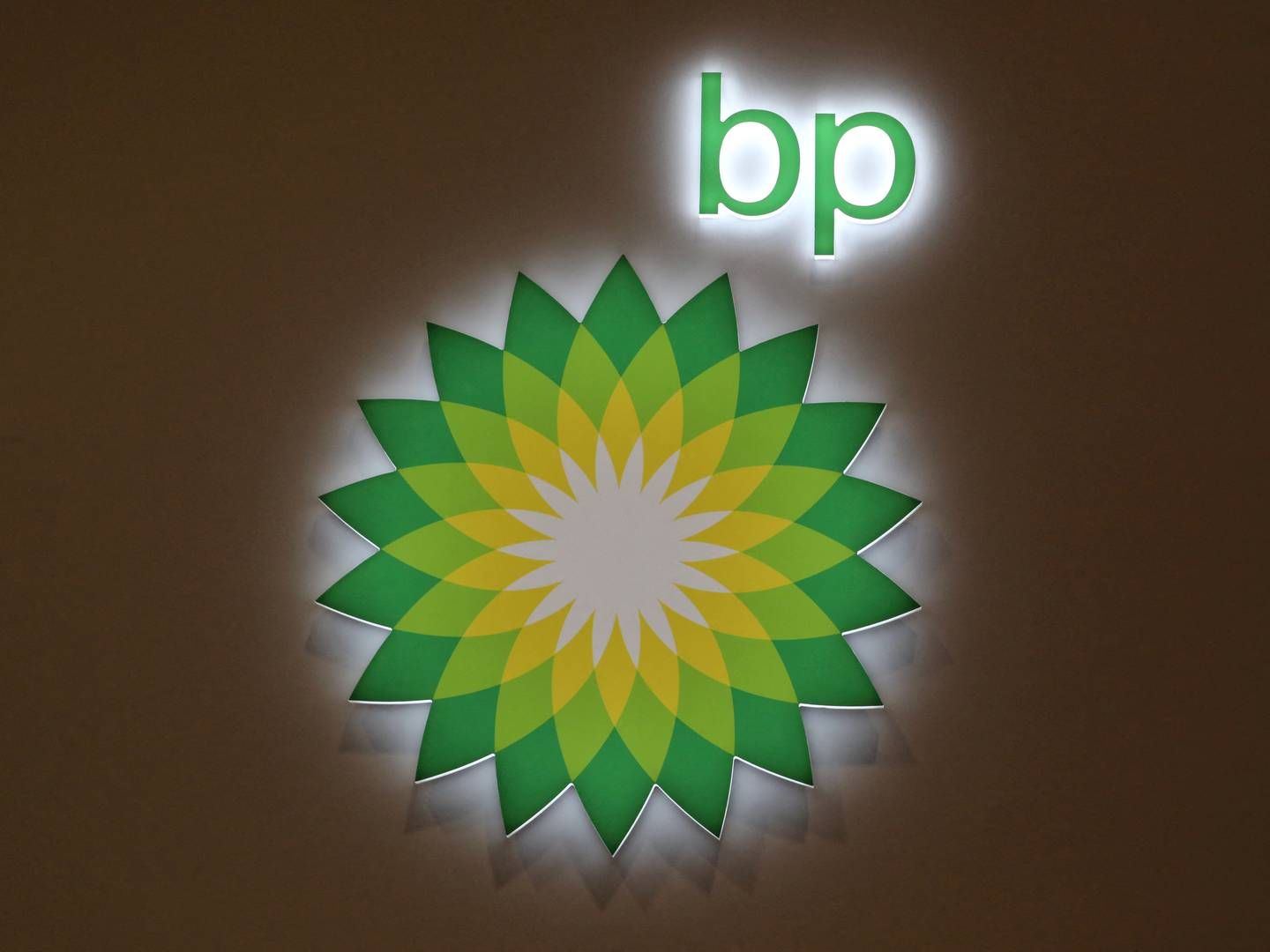
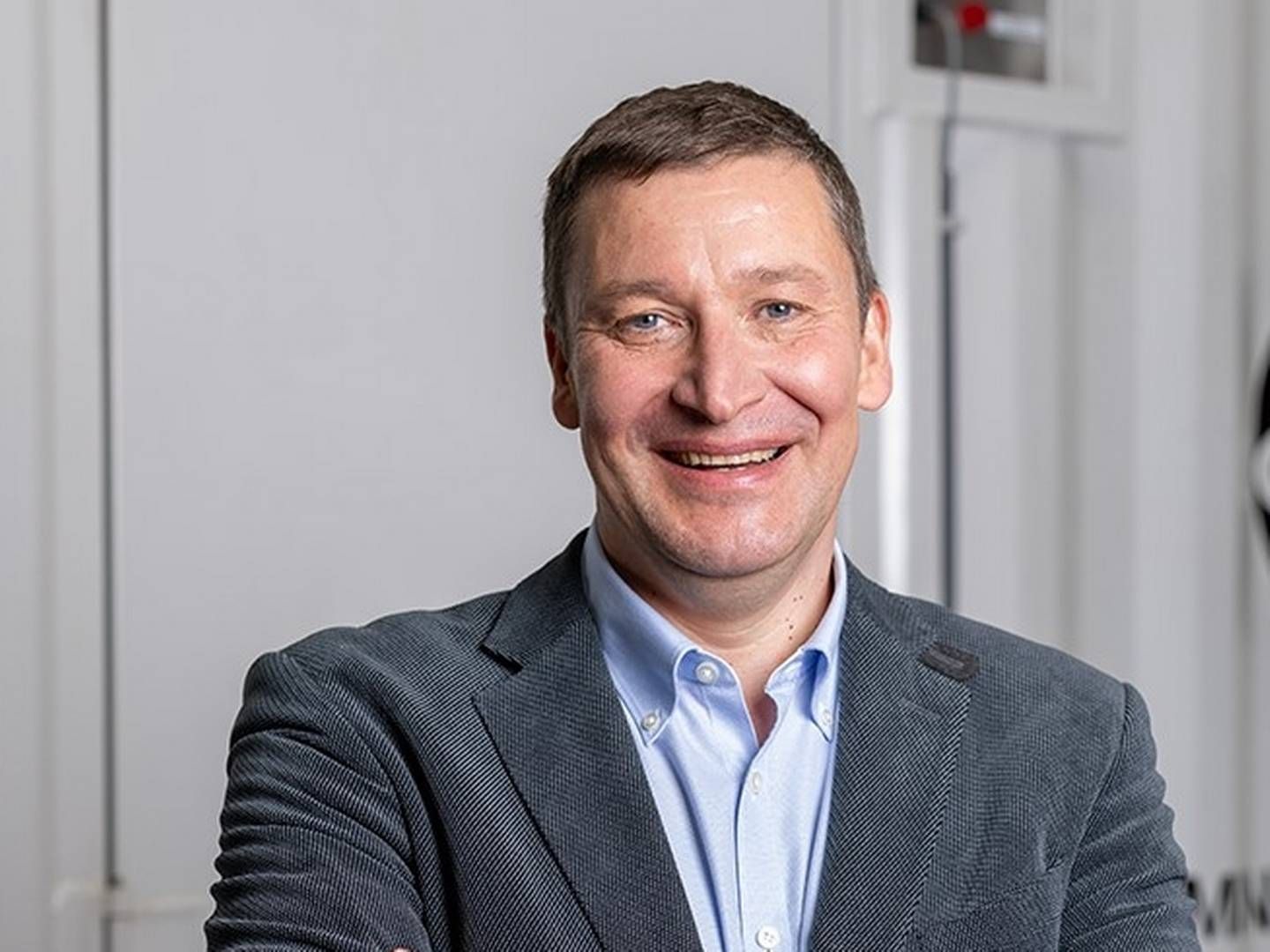




.jpg&w=384&q=75)


